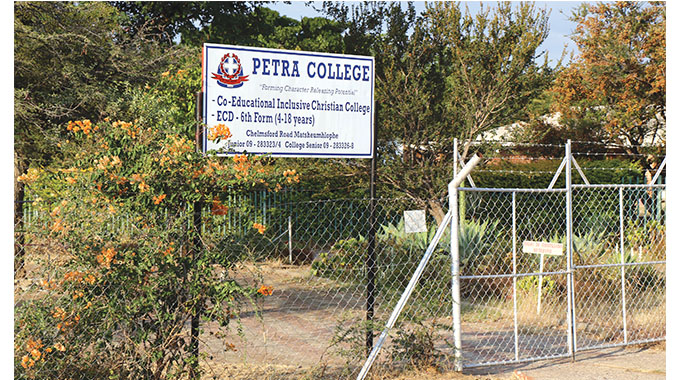Econet shuts door on money speculators

Oliver Kazunga, Senior Business Reporter
THE country’s largest telecommunications firm, Econet Wireless has shut the door on exchange rate speculators after it announced yesterday the move to fully comply with the Reserve Bank of Zimbabwe (RBZ)’s new measures to restore sanity in the mobile money sector.
The apex bank on Friday directed all mobile money operators to abolish mobile money wallet agents with immediate effect, while EcoCash transactions by all individuals are now limited to a maximum of $5 000 per day with immediate effect.
Last week, the central bank announced that it had with immediate effect abolished mobile money wallet agents as they were no longer serving any legitimate purpose.
The mobile money agent system had become common in facilitating cash-in and cash-out service while also creating job opportunities.
However, the mobile money transfer platform had recently become a conduit for aiding illegal foreign currency dealings and manipulating the exchange rate.
In a public notice yesterday, Econet said it has been directed by the monetary authority that no individual would also be allowed to operate more than one EcoCash line while merchants and billers will continue to accept EcoCash payments from customers.
“Please be advised that we have received a directive from the Reserve Bank of Zimbabwe to the following effect: Transactions by individuals shall be pegged at a maximum of $5 000 per day with immediate effect.
“This threshold relates to all transactions by the individual, including payments to merchants for goods and services and payments for bills; send money and purchase of airtime and data; EcoCash debit card, and wallet to bank transfers,” it said.
Merchants and billers are required to liquidate funds in their wallets to their bank accounts only.
“Agents’ mobile money wallets are to be abolished with immediate effect. Funds in frozen agent lines will only be liquidated into the agent’s bank accounts,” said Econet, adding that the liquidation would require RBZ approval on case-by-case basis.
The RBZ will only approve the use of bulk payers’ lines for the purpose of disbursing low-value payments such as disbursements for humanitarian aid and payments to agricultural-related activities.
Funds in frozen bulk payer lines can only be liquidated into the bulk payer’s bank account upon approval by RBZ for each bulk payer.
“We would like to reassure all our valued customers that EcoCash is committed to offer mobile money services that make a difference in people’s lives,” said Econet.
A financial market analyst, Mr George Nhepera in an interview yesterday said in line with the current exchange rate of US$1:$83, the maximum daily limit of $5 000 translates to US$60.
“This, in my view could be considered very low in an environment still characterised by high inflation.
“This could negatively work against the financial inclusion agenda for our country, especially for the marginalised people in the rural areas,” he said.
Official data from the Zimbabwe National Statistics Agency show that the Poverty Datum Line rose by 33,6 percent in June to $11 333 for an average family of five from $8 483 in May.
“Hopefully, the limit shall be subject to regular reviews by the monetary authorities who understandably are trying to use the limit as a way to deal decisively with the recent abuse of the mobile platform system,” said Mr Nhepera.
Going forward, the Government believes that inflationary pressures will ease on the back of policy interventions by the central bank.
For example, towards the end of June, RBZ introduced the Foreign Exchange Auction Trading System which has replaced the fixed exchange rate of US$1:$25 while also boosting efficiency and transparency in the financial market as well as promoting price discovery on the market.
Since the introduction of the Foreign Exchange Auction Trading System, the exchange rate has been gaining momentum towards stability.
At this week’s auction, the exchange rate between the Zimbabwe dollar and the United States dollar has continued to ease trading at $83,40 cents.
Foreign currency from auction system has been allotted to businesses largely to facilitate the procurement of raw materials, fuel, electricity, gas, retail and distribution, and services. — @okazunga.











Comments